Intravenous Vitamin C on the treatment of infections and sepsis, review by the University of Otago
Intravenous vitamin C (IVC) has garnered attention for its role in managing infections and sepsis. This method involves administering vitamin C directly into the bloodstream, achieving higher concentrations than oral intake allows. Research from the University of Otago provides insights into the connection between vitamin C and infection management.
Respiratory infections, such as the common cold and pneumonia, are significant health concerns worldwide. Studies indicate that individuals with higher vitamin C levels may have a reduced risk of developing pneumonia. Conversely, severe infections can deplete the body's vitamin C levels due to increased utilization during illness. Critically ill patients, especially those with sepsis, often exhibit notably low vitamin C concentrations.
Sepsis is a life-threatening response to infection, leading to tissue damage and organ failure. Traditional treatments focus on antibiotics and supportive care, but recent research explores the adjunctive use of IVC. The rationale is that high-dose vitamin C can modulate the immune response, reduce inflammation, and protect tissues from oxidative damage. Some clinical studies have reported improved outcomes with IVC therapy, including reduced organ dysfunction and mortality rates.
Vitamin C supports the immune system by enhancing the function of white blood cells, promoting the production of antimicrobial substances, and improving the integrity of epithelial barriers against pathogens. Its antioxidant properties help neutralize free radicals, reducing oxidative stress and potential tissue damage during infections.
While IVC is generally considered safe, certain precautions are necessary. Patients with conditions like glucose-6-phosphate dehydrogenase (G6PD) deficiency may be at risk for hemolysis with high-dose vitamin C. Additionally, individuals with renal impairments should be carefully monitored due to potential risks of oxalate nephropathy. It's essential to conduct appropriate screenings and assessments before initiating IVC therapy.
Intravenous vitamin C presents a promising adjunctive therapy for infections and sepsis, offering potential benefits through its immune-modulating and antioxidant effects. Ongoing research aims to further elucidate its efficacy and optimal application in clinical settings.
For a comprehensive understanding, the University of Otago offers detailed information on this topic.
Reference:
